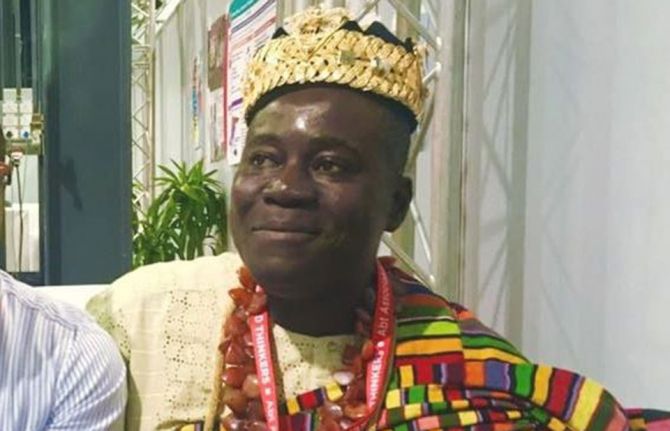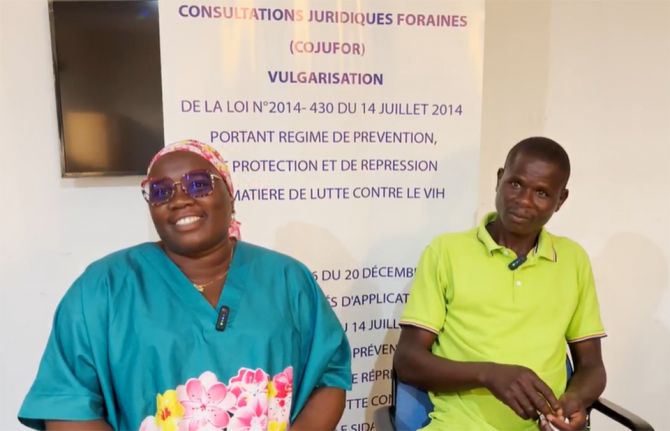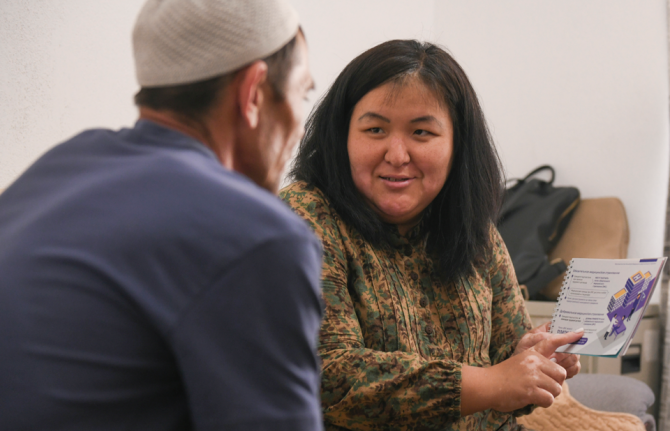

Feature Story
UNAIDS saddened by the death of Cyriaque Yapo Ako
22 July 2021
22 July 2021 22 July 2021By Brigitte Quenum, UNAIDS Country Director for Côte d’Ivoire
It is with great sadness that I learned on 15 July 2021 of the death of Cyriaque Yapo Ako, one of the pioneers in the response to HIV in Côte d’Ivoire and in Africa as a whole.
A founding member of Ruban Rouge CI in 1994, he never stopped promoting the role of communities in the response to HIV. The Executive Director of RIP+ in the 2000s, he then contributed his expertise to several organizations, including the International Treatment Preparedness Coalition, African Men for Sexual Health and Rights and I CHANGE CI, and collaborated with several partners, including UNAIDS, Population Services International, the United States President’s Emergency Plan for AIDS Relief and the United Nations Development Programme, as a resource person for technical assistance.
As a founding member of Arc-en-Ciel in 2003, the first nongovernmental organization for gay men and other men who have sex with men in the AIDS response in Côte d’Ivoire, he advocated for the need to create a safe space for sexual minorities in Africa, in particular in Côte d’Ivoire, where gay men and other men who have sex with men were commonly subject to stigma, discrimination and violence.
His dynamism and activist spirit enabled him to speak out on behalf of the most marginalized and neglected people in the AIDS response.
From 2004 to 2009, he was the representative of people living with HIV and sexual minorities on the Country Coordinating Mechanism Côte d’Ivoire, where he made a significant contribution to defending people-centred HIV responses in the development of HIV applications to the Global Fund to Fight AIDS, Tuberculosis and Malaria.
His participation in several international conferences contributed to the advocacy of the rights of people living with HIV and more broadly the rights of key populations. He defended his positions, notably through his participation in events such as the International Conference on AIDS and STIs in Africa (ICASA) in 2008 in Dakar, Senegal, ICASA 2011 in Addis Ababa, Ethiopia, ICASA 2013 in Cape Town, South Africa, and the 2016 International AIDS Society Conference in Durban, South Africa, with his contribution in the form of oral presentations and statements.
His passing is a great loss to all those involved in the AIDS response, especially those committed to defending the most vulnerable.
He was a friend, brother and colleague to many of us.
May his soul rest in peace.



